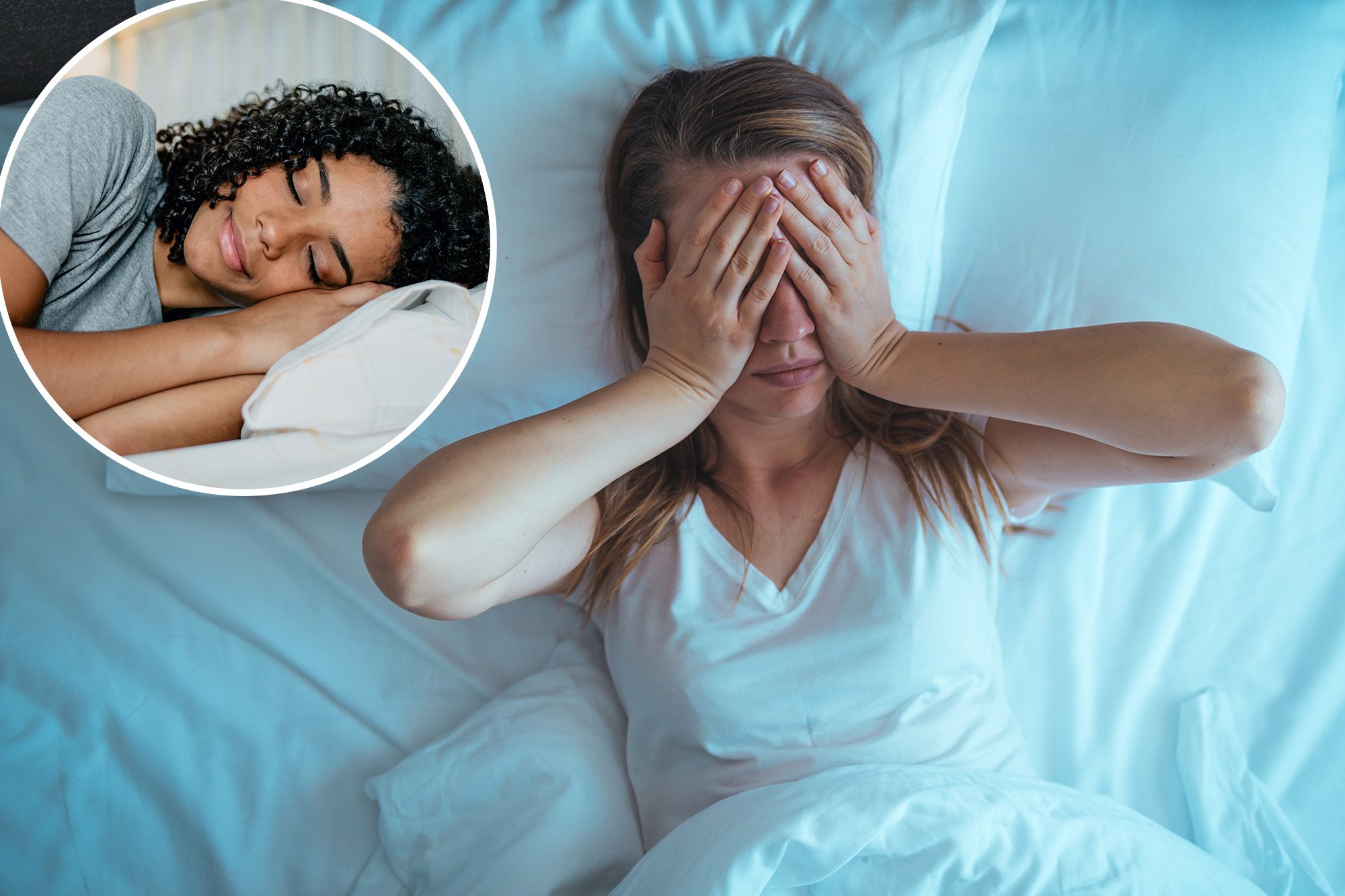
Exhausted all the best sleep options? You are not alone.
About 12% of Americans experience chronic insomnia, defined as trouble asleep, staying asleep or returning to sleep after wakeing up at night. Another 30% occasionally report struggling with insomnia.
Researchers have identified “3 PS” of insomnia – the factors believed to cause and prolong the usual insomnia.
These include predisposing factors such as medical conditions, age and family history, precipitating factors such as stressful events and mental health challenges and perpetual factors such as poor sleep habits that nourish the insomnia cycle.
A new study from the University of São Paulo in Brazil explored how personality traits affect insomnia, linking a feature in particular in 61.7% of cases.
“We decided to study the impact of personality traits on insomnia because it is an extremely common disorder that has negative health consequences, such as an increased risk of hypertension, diabetes, anxiety and depression,” said sleep psychologist Araújo Conway.
“These different conditions of physical and mental health lead to a poorer quality of life in general.”
The Conway team used the Big Five theory, which describes personality as composed of opening to experience, conscience, extraversion, compliance and neurotism.
Researchers shared 595 participants, 18 to 59, into two groups – insomnia and a group of control people who had no problems to sleep.
Each participant completed a 60 -question study to determine their personality type.
The analysis revealed that:
- 61.7% of insomnia had high levels of neurotism against 32% of the control group.
- 40.7% of insomnia had low levels of opening against 23% of the control group.
- 37.7% of insomnia had low levels of consciousness against 24.1% of the control group.
- 31.5% of insomnia had low compliance levels against 23.2% of the control group.
- Experversion did not show a significant change.
“Neurotism was a feature that stood out the most, with the insomnia that had a much higher scale,” Conway said. “But we cannot say that insomnia are more introverted.”
The link between neurotism and insomnia seems to be anxiety.
Neurotics are more likely to suffer anxiety, worry, fear and irritability. Anxiety can cause racing thoughts, an elevated heartbeat and muscle tension, making it difficult to fall asleep.
Depression did not seem to be adapted to this relationship, Conway said.
The findings, recently published in the sleep search newspaper, suggest the need to treat anxiety along with insomnia.
“We know that most insomnia are very neurotic,” Conway said.
“These patients deserve their anxiety to be evaluated and treated so that their insomnia can also improve,” she continued. “Sometimes this includes different therapies and medicines, so it is important to take a wider look at the history and specifics of each individual.”
Insomnia treatment can include prescription sleep medications and non-drug options such as relaxation techniques and the best sleep routines.
A popular route is cognitive-contemplative therapy, which involves identifying and modifying negative models that interfere with sleep.
“We already have a non-pharmacological treatment for insomnia, but just as we do not have a drug that will be effective for all patients, a single therapy approach may not work for everyone,” Conway said.
“These results contribute to the development of new, more personalized psychological and behavioral protocols for the treatment of insomnia.”
#insomnia #personality #trait #study
Image Source : nypost.com